About Us
The DUNC project partners represent World Heritage sites, Biosphere Reserve Areas and organisations from Sweden, Germany, Lithuania, Poland and Russia.
The Baltic Sea Region
The Baltic Sea is a semi-enclosed inland sea in Northern Europe which is connected to the Atlantic Ocean via the North Sea, Kattegat Strait and the Skagerrak Strait.
Tourism is one of the Baltic Sea region’s fastest-growing economic sectors which contributes greatly to economic growth and job opportunities particularly in more rural areas. However, it is also a major contributor to negative environmental impact, degradation of the visited locations and problematic seasonal visitor patterns.
DUNC – Development of UNESCO Natural & Cultural Assets
In-line with the UN’s Sustainable Development Goals (SDGs) and the UNESCO Sustainable Tourism guidelines (see below), DUNC is working on behalf of the World Heritage sites across the South Baltic region to connect people and develop tourism strategies that help build inclusive communities, provide ‘future-friendly’ economic growth and safeguard heritage assets for future generations.
The project partners and associated partners include World Heritage sites and Biosphere Reserve Areas in the South Baltic region who face similar conservation, preservation and social challenges. Over the project lifetime, DUNC will address these challenges by facilitating networking and clustering of tourism stakeholders, raise awareness about responsible behavior and work with businesses to create quality activities that help to prolong the tourist season. Keep up to date with all DUNC activities in our Monthly Newsletter
“Heritage is our legacy from the past, what we live with today, and what we pass on to future generations.
Our cultural and natural heritage are both irreplaceable sources of life and inspiration.”
UNESCO’s World Heritage statement retrieved from https://whc.unesco.org/en/about/
Full Partners
- Municipality of Karlskrona, Sweden (Lead Partner)
- Municipality of Mörbylånga, Sweden
- Curonian Spit National Park administration, Lithuania
- EUCC Baltic Office, Lithuania
- EUCC – The Coastal Union Germany, Germany
- Tourist Board Stralsund, Germany
- Tourist Board Wismar, Germany
Associated Partners
- The Malbork Castle Museum, Poland
- The Office of the Southeast Rügen Biosphere Reserve, Germany
- Blekinge Archipelago Biosphere Reserve Area, Sweden
- County Administrative Board Kalmar, Sweden
- Navel Museum, Sweden
- The National property Board of Sweden, Sweden
- Federal State Budget Institution National Park Kurshskaya Kosa, Kaliningrad, Russia
- Association of Polish Communes Euroregion Baltic, Poland
- National Park Vorpommern Authority, Germany
- Take a look at our DUNC network map.
- An important part of our work is to connect sites,
businesses and heritage ambassadors.
Join us here.
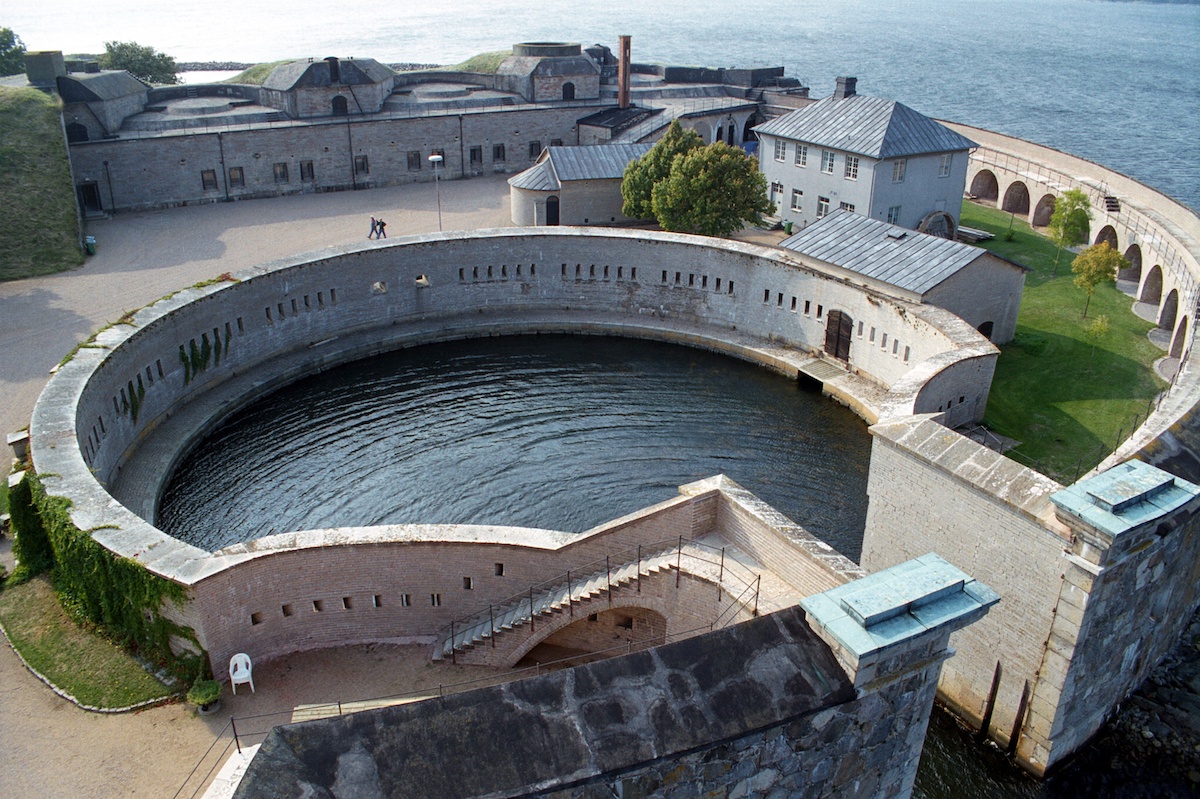
Municipality of Karlskrona, Sweden (Lead Partner)
The Naval Port of Karlskrona, situated in the south of Sweden, was founded in 1680 when Karl XI decided to establish the country’s new naval base here. The key to the appointment is the actual planning of the city, which was built according to King Karl XI’s will and vision. Karlskrona’s impressive and well-preserved architecture and town plan gained the town World Heritage status in 1998. More than 300 years later the naval base is still here in Karlskrona – the town where old meets new and tradition meets innovation.
“Karlskrona is an exceptionally well preserved example of a European planned naval base, and although its design has been influenced by similar undertakings it has in turn acted as a model for comparable installations. Naval bases played an important part during the centuries when the strength of a nation’s navy was a decisive factor in European power politics, and of those that remain from this period Karlskrona is the most complete and well preserved.”
The World Heritage Sites Committee, 1998
Karlskrona municipality has as its main mission to provide welfare services and high quality services to local residents, businesses and visitors. The Municipality of Karlskrona coordinates different actions in order to develop the city as a Unesco site and the knowledge about it. The municipality’s responsibility regards the areas of Public Work and Communications and Formation and participation.
DUNC represent a unique opportunity for us to strengthen the band with other interesting World Heritage Site around the Baltic Sea and develop a joint offer. The aim is to give to both tourist and citizens a broader experience in form of new products or services.
Contact: Niklas Carlsson, Niklas.Carlsson@karlskrona.se
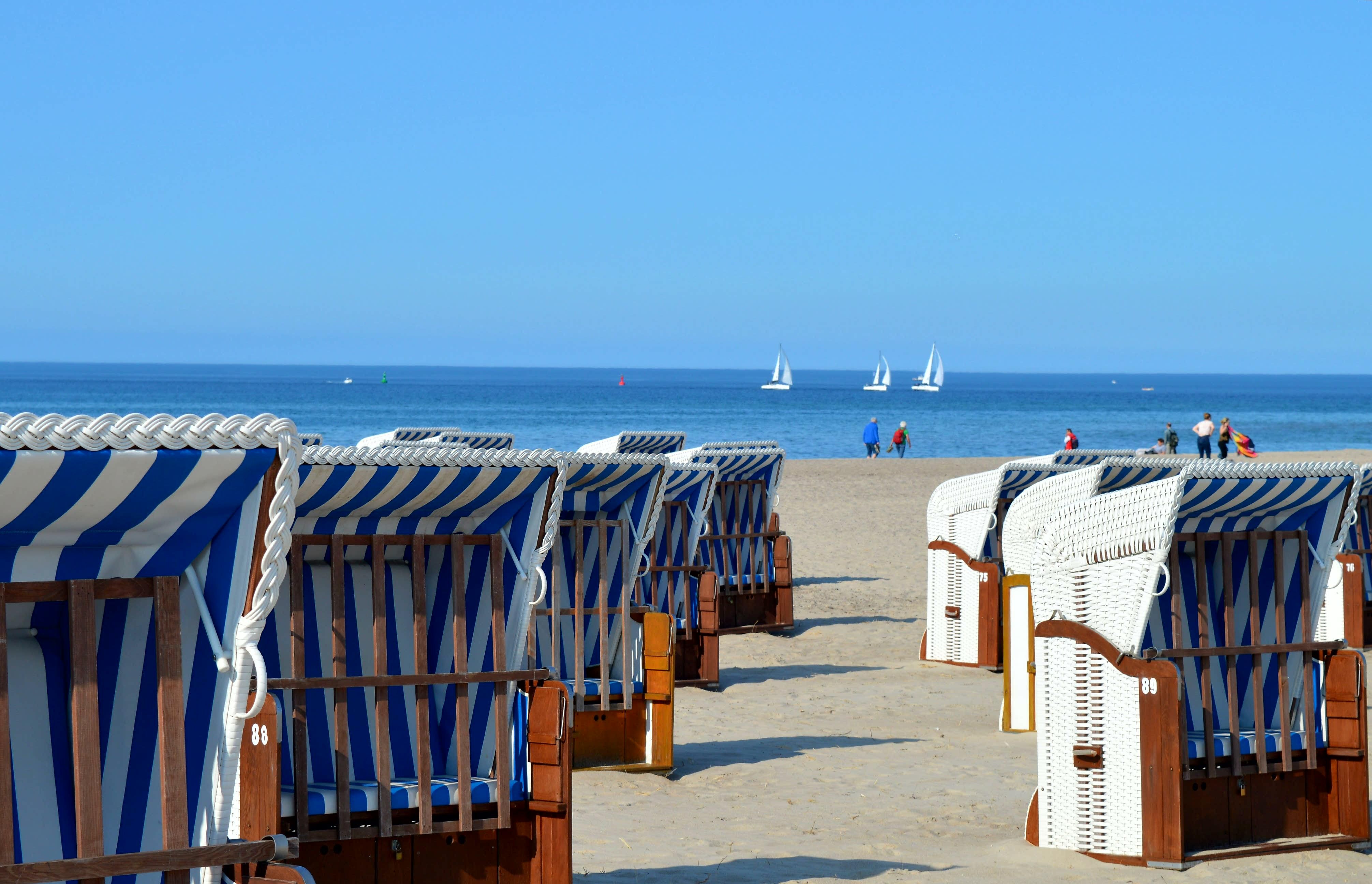
EUCC The coastal Union Germany (EUCC-D)
EUCC-D is based in the vibrant seaside resort of Warnemünde in Mecklenburg Vorpommern, Germany. It was founded in 2002 with the aim of promoting sustainable coastal & marine development. The topic of tourism, in accordance with the natural & cultural value of coastal regions, is one of our main areas of work.
DUNC gives us the opportunity to work with like-minded organisations and to communicate key messages that help promote and protect the region’s heritage.
Contact: Jane Hofmann, hofmann@eucc-d.de
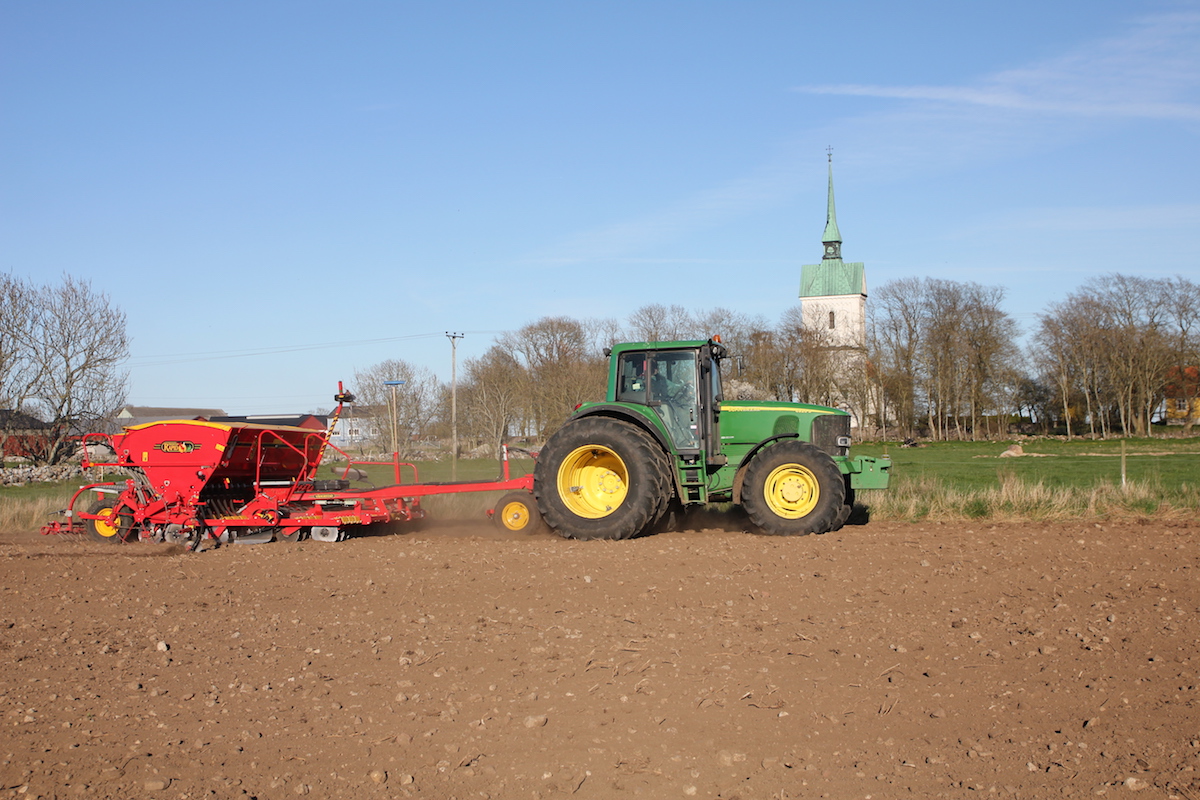
Municipality of Mörbylånga, Sweden
The department of Culture & Business development is located in the borough of Mörbylånga on Öland, Sweden. The department’s tasks among others, are issues concerning the World Heritage of southern Öland. For that task, one person is employed as a World Heritage coordinator. Collaboration in projects like DUNC gives us new knowledge, the opportunity to share our own experiences and to evolve together with our project partners. The World Heritage site Agricultural Landscape of Southern Öland is a result of farming on the island by earlier generations. But the efforts of those who cultivate the land and let their livestock graze today are just as important. That is what keeps our World Heritage unique."
Contact: Lasse Wellin, Lars.Wellin@morbylanga.se
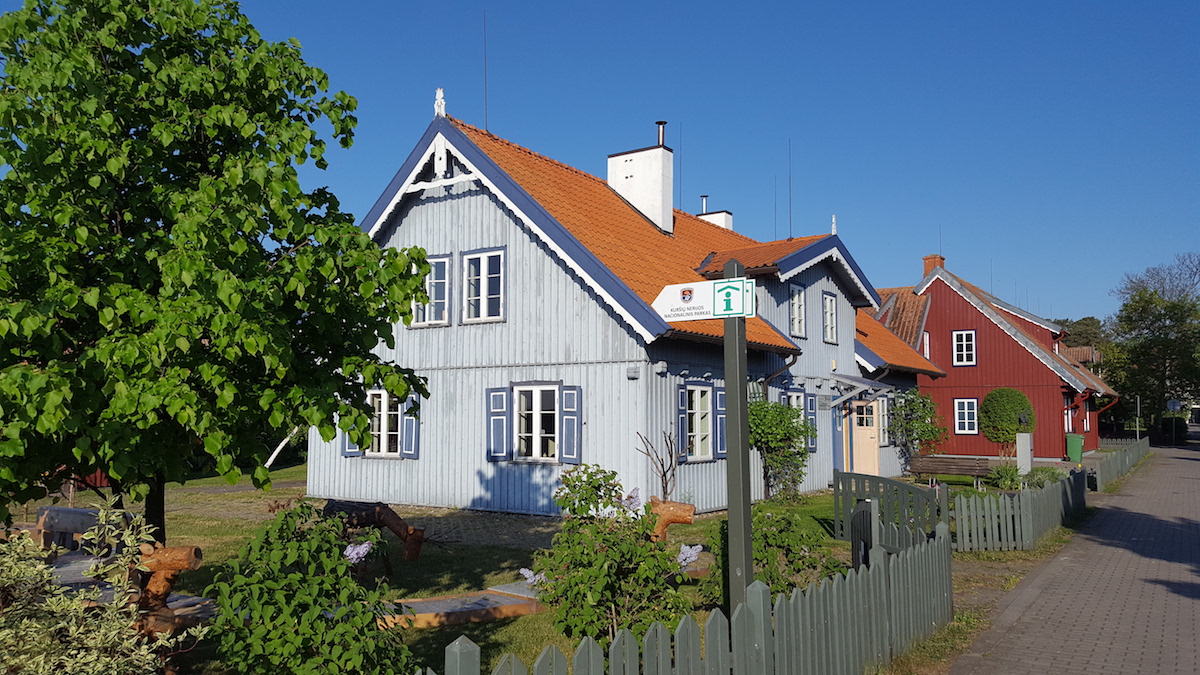
Curonian Spit National Park Administration, Lithuania
The Curonian Spit, is a narrow strip of sand stretching 97 kilometres along the Baltic Sea, of which the south part belongs to the Russian Federation. The Curonian Spit National Park Administration, KNNPD, is a state funded organisation and the aim of this institution is ensure the ecosystem stability in the Curonian Spit area, to restore destroyed and damaged natural & cultural complexes and objects, carry out research & monitoring, to provide conditions for leisure (primarily cognitive tourism) and to develop environmental education. As we are a site manager, we are responsible for the maintenance and development of the UNESCO World Heritage site “Curonian Spit”, so for us DUNC is a big opportunity to promote our cultural and natural heritage at our UNESCO site.
Contact: Lina Diksaite, lina.diksaite@nerija.lt
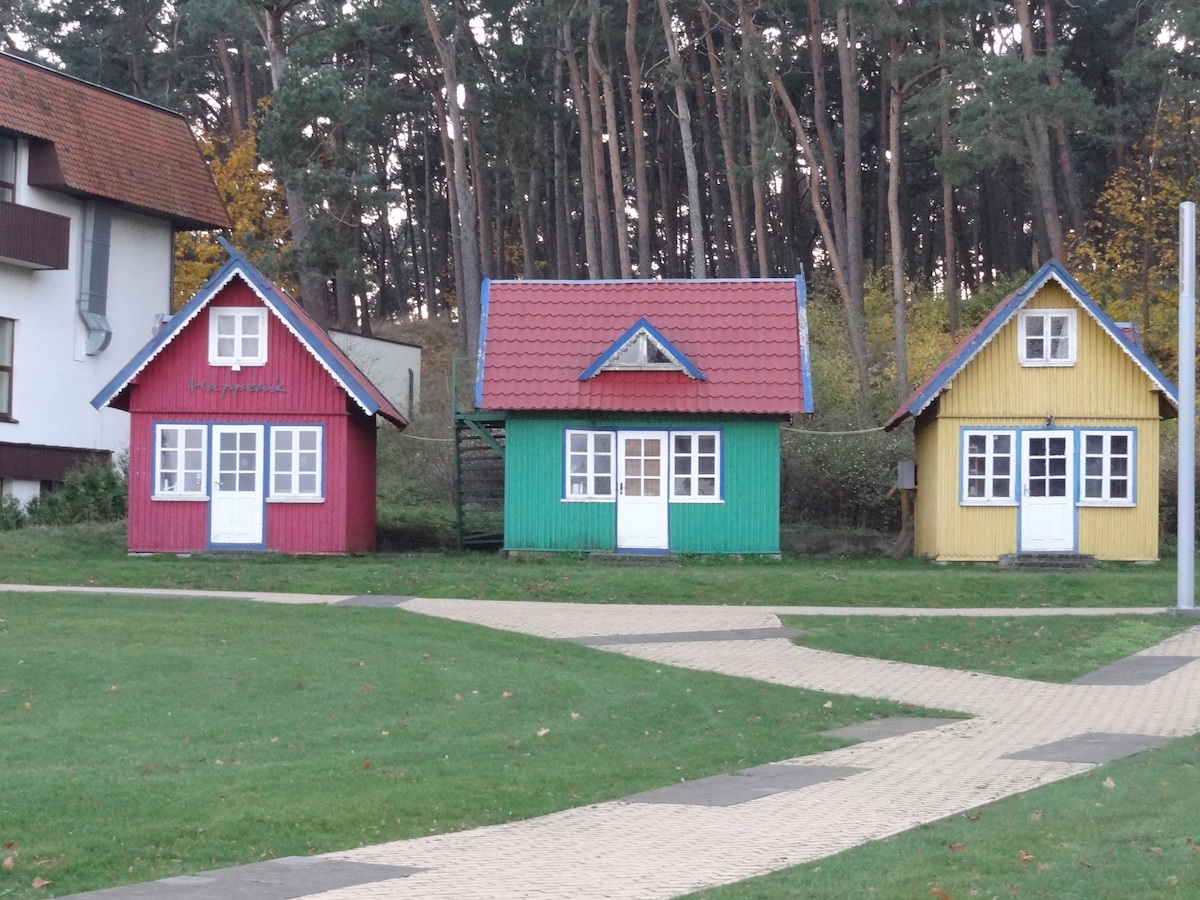
EUCC Baltic Office, Lithuania
EUCC Baltic office – Coastal and marine Union Baltic State Office – a public-related institution, which has expertise working towards the facilitation of coastal conservation and nature protection in coastal areas of the Baltic States. The key benefit of EUCC Baltic office involvement into DUNC includes capacity to deal effectively with any problems of cross-border cooperation in coastal heritage management, particularly integrating the management of natural and cultural heritage sites across the South Baltic coastal regions.
Contact: Ramunas Povilanskas, ramunas.povilanskas@gmail.com
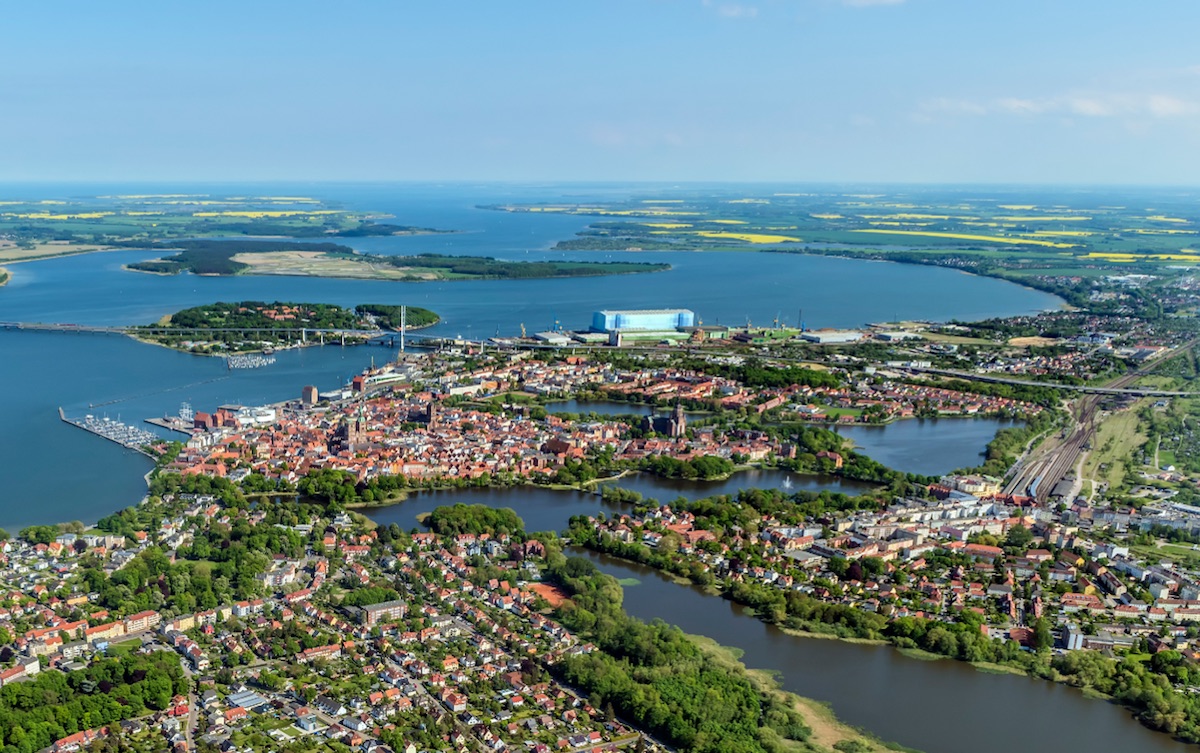
Tourist Board Stralsund, Germany
Stralsund, the city by the sea with its unique Old Town, a World Heritage Site – together with Wismar a blueprint of hanseatic foundation in all of the Baltic Sea regions. The medieval city layout, a network of streets, quarters, squares and plots, has been preserved nearly unchanged. Beautifully restored buildings date back almost eight centuries, including gabled houses, monasteries, town hall and brick gothic churches. In 2002 the historic city centre of Stralsund joined the global ranks of the UNESCO world heritage sites. The Tourist Information Centre is the service provider for touristic information and products. The administrative work concerning the Site is in charge of the World Heritage Department. Stralsund has become a partner of the DUNC-Project, because we want to connect with other World Heritage Sites, learn from each other, get better and create a community, which move the Sites in a new perspective for the visitors.
Contact: Andrè Kretzschmar, Kretzschmar@stralsundtourismus.de
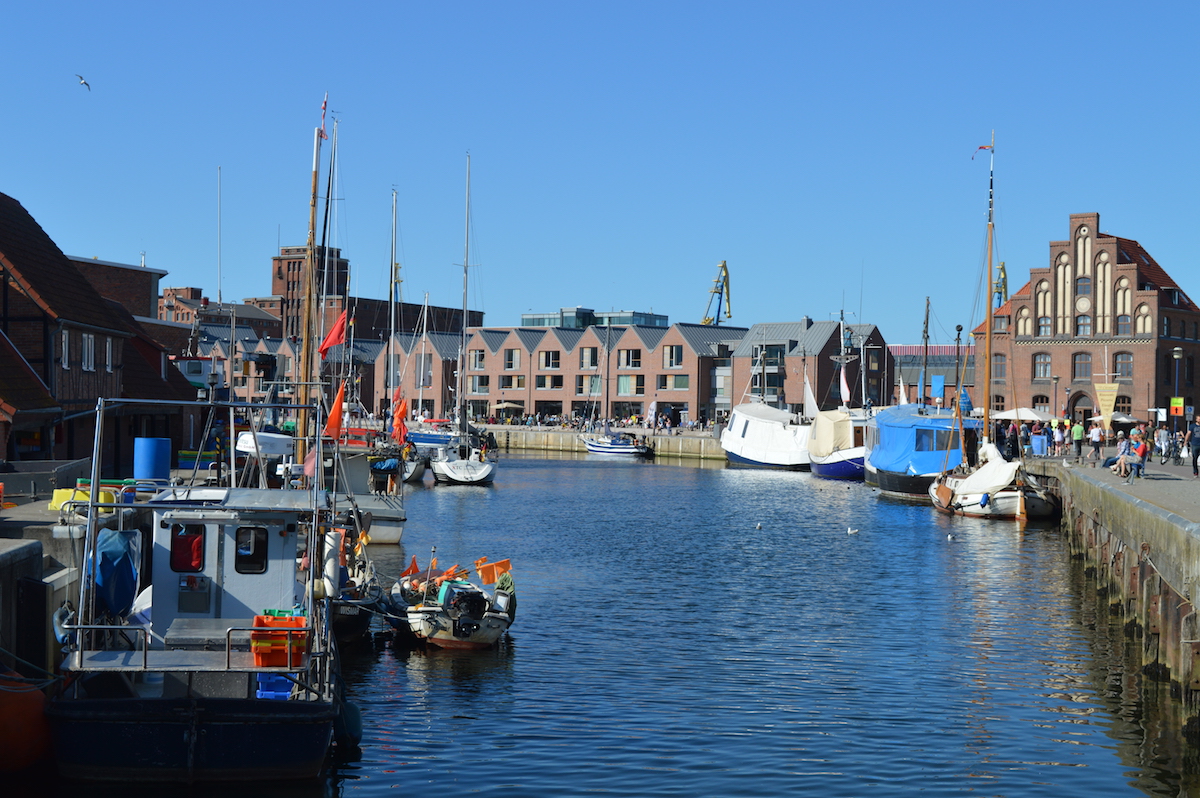
Tourist Board Wismar, Germany
Wismar is located in the Bay of Wismar, sheltered by the island of Poel. It lies on the southern edge of the Baltic between Lübeck to the West and Rostock to the East and North of the state capital Schwerin. As a UNESCO World Heritage site, Wismar is particularly well-known for its harbour and traditional shipping and fishing industries. The many historic buildings and houses in the centre have been carefully restored to their original hanseatic style. Today these buildings house the small cafés, restaurants and hotels that give Wismar its characteristic romantic charm, as do the magnificent red-brick gothic churches, the unique market square and, most importantly, the friendly local people that welcome so many visitors to their town every year. DUNC gives us the opportunity to share our knowledge about tourism marketing and sustainable product development. We also look forward to receiving input from other participants.
Contact: Sibylle Donath, SDonath@wismar.de
